University Carlos III of Madrid
(UC3M - Spain)


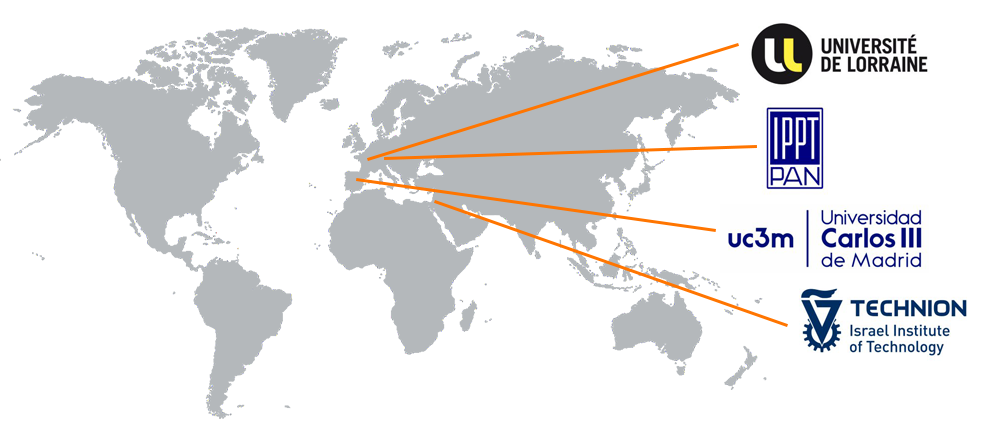

Public university founded in 1989. Its main goal is to provide specialised training in Law and Social Sciences and Engineering, as well as to become a prime European research centre.
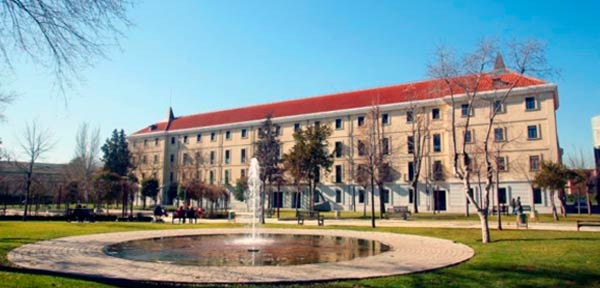
In addition, the UC3M pursues the creation of an innovative university and seek to offer a University model based on a quality-oriented philosophy. In this sense, modern, flexible and multidisciplinary curricula have been designed trying to suit the scientific and technological demand of the Society.
The university consists of three centres:
Concerning the training area, the Universidad Carlos III de Madrid was the first in Spain to be fully adapted to the requirements of the European Higher Education Area (EHEA) (The Bologna Process) and offers studies in most of the scientific disciplines.
UC3M has strived, since its foundation, to make research one of the fundamental pillars of its activity, both for the enhancement of its teaching and for the new knowledge and new areas of research.
UC3M is organized into 27 Departments and 27 University Research Institutes.
UC3M, as university, has a national reputation for its research efficiency. In 2009 was the fourth Spanish University in participation in the EU Framework Programme (standardized data by number of permanent researchers) and second in average number of publications per permanent researcher in the period 2002-2006 (Web of Science).
Recently (Report 2009 of CNEAI-National Commission for Evaluation of Research Activity), UC3M has reached the top of the Spanish universities in research activity.

With more than 3,700 teaching and research faculty and approximately 54,000 students, the University of Lorraine is one of France’s largest multidisciplinary universities.
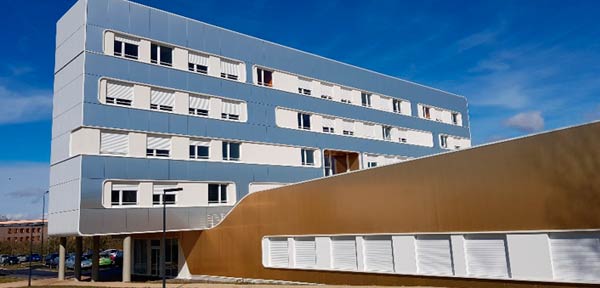
Its location in the heart of Europe offers to UL a privileged position for strong international partnerships. UL is committed to numerous European and international collaborations and exchanges, including multi-partnership projects.
The scientific activity of the UL is organized in 60 research laboratories located in 10 scientific centers and 6 research federations covering a wide range of disciplinary fields and topics.
In addition, the university houses several technology platforms including large-scale facilities and large measurement instruments, providing research teams with the most efficient equipment.
The UL has also been attributed by the French Prime Minister, early 2016, the label of excellence "I-SITE". With this label, the university is recognised for its capacity to develop strong cooperation with the industrial partners and to implement innovative actions of joint research.
The UL is structured in 8 Collegiums, which include various schools, faculties and institutes. The educational opportunities cover initial training in all fields of the knowledge, with crosscutting programs between institutions and between disciplines.
UL is also a major player in life-long learning in France, with more than 1500 degrees granted. The UL plays a major role in the socio-economic development of the Lorraine region. This interface contributes to valuable and enriching exchange for all stakeholders through innovation, partnerships, knowledge sharing, research, development and technology transfer.
UL, through its own service for research exploitation, aims to create value from the research and expertise of its researchers. This development may take the form of research contracts, licensing, business creation or technology transfer and commercialization of intellectual property.

For more than a century, the Technion - Israel Institute of Technology has been Israel’s primary technological university and the largest centre of applied research in Israel.
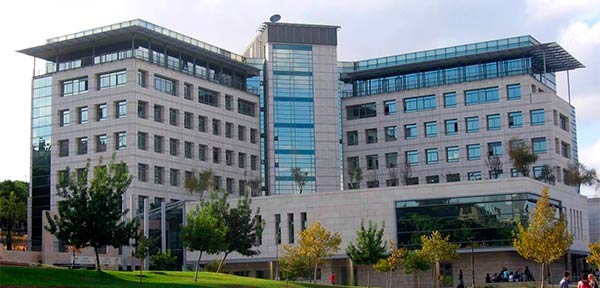
The Technion is currently the highest ranked university in Israel according to The Shanghai Ranking Consultancy’s Academic Ranking of World Universities 2016 where it placed 69th out of 500 universities around the world.
61 experts from 20 different countries ranked the Technion 6th in The MIT Skoltech Initiative, and 1st for innovation in a challenging environment. Many innovations in all fields of science, technology, engineering and life sciences have their origins in research conducted at the Technion.
In 2004, Distinguished Professors Avram Hershko and Aaron Ceichanover received the Nobel Prize in Chemistry, for their pioneering research on degradation of intracellular proteins. In 2011, Distinguished Professor Dan Shechtman received the Nobel prize in Chemistry for his pioneering research on quasi-crystals, thus making the Technion one of a handful of universities world-wide housing multiple Nobel-laureates simultaneously.
More than 82,000 students have graduated from the Technion – Israel Institute of Technology, the oldest university in Israel. These graduates play leading roles in Israeli and international high-tech industry, including 58 spin-off companies. The Technion maintains close contacts with the industrial sector through the Technion Technology Transfer Office, Division for Continuing Education, The Israeli Institute of Metals, The Grand Water Research Institute and the Transportation Research Institute. The Technion encourages scientific participation at a national and international level.
The Technion invest considerable resources to promoting women in science as well as the integration of minorities through equal opportunity programs. Technion footsteps are imprinted in collaborative scientific research and outreach projects worldwide, making it a powerhouse of collaborative thought, blending inspiration and expertise from across the disciplines, with numerous international conferences and symposia each year.
Bridging the gap between science and society, the Technion run numerous courses in entrepreneurship, innovation and scientific communication. The Entrepreneurship Center at Technion sponsors many and varied activities designed to take advantage of Technion’s outstanding capabilities in innovative technologies and applications.

Founded in 1953, is one of the largest (total staff of 270) institutes of the Polish Academy of Sciences. The Institute employs over 100 highly qualified researchers, 16 of whom are full professors.
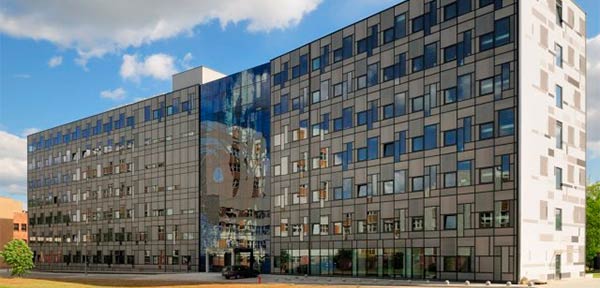
The Institute operates its own post-graduate school. In December 2016, the European Commission awarded IPPT PAN with HR Excellence in Research logo.
The Institute is a multidisciplinary research institute conducting R&D activities in several scientific disciplines such as mechanics of materials and structures, materials science, biomechanics, acoustics, electronics, computer science, intelligent technologies, to mention only the most important ones.
The mission of IPPT has always been to conduct high-quality research in areas of interest to the world science and industry.
High level of investigation carried out in IPPT has been recognized by the Scientific Committee for Evaluation of the Polish Ministry of Science and Higher Education which awarded IPPT the highest possible rank of A+ in evaluation of Polish research institutions in 2014.
The objective of QUANTIFY is to form an international network of 8 organisations, working on a joint research programme in the field of Solid Mechanics:

The NSM group, formed by 3 researchers and 4 PhD students, is part of the Department of Continuum Mechanics and Structural Analysis at the University Carlos III of Madrid. Research lines include mechanical characterization at high strain rates, formulation of constitutive theories and analytical models for instabilities in ductile materials, nonlinear vibration in elastic structures, etc. The group has 5 on-going competitive grants, 2 National and 3 European, including an ERC Starting Grant.
To get your questions answered or ask for aditional information, please contact us: